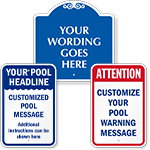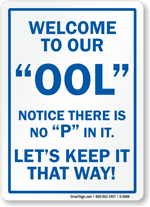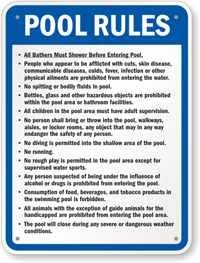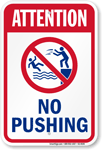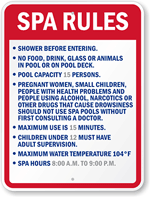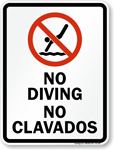Knowing these 4 pool heater dangers could save your life
A dozen different businesses are embroiled in a lawsuit over a pool heater explosion that injured two people. The courts will ultimately decide who’s at fault in this dispute, but it points out a hidden pool danger many swimmers don’t know about until it’s too late.
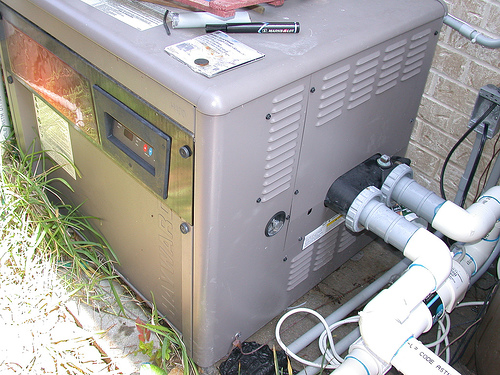
Pool heaters can pose serious fire and carbon monoxide hazards. From Bill Jacobus.
An estimated 900,000 pools in the U.S. are heated with natural gas or propane. While these heaters make pools more enjoyable, they can also become dangerous when not properly installed, maintained or understood.
“I’ve been on calls where the whole garage burnt down,and all the cars inside were destroyed, because of an improper heater installation,” says Brian Diglio, president of Blue Wave Pool Service and Supplies Inc. in Hamden, Conn. in Pool & Spa News. “It’s unbelievable how careless some installers are.”
Before you start to think that your pool heater is just waiting to explode, remember that today’s pool heaters come with safeguards to prevent most common problems. But just in case, here are three common heater dangers to avoid:
1. Carbon monoxide. Just like a car engine, gas pool heaters cause carbon monoxide poisoning if inhaled for too long, as demonstrated by this news story. To avoid this danger, make sure your pool heater is properly ventilated. If it’s located indoors, it should be vented outside. If it’s outside, make sure it’s not too close to windows. Check venting regularly to make sure it hasn’t become blocked or broken. It’s also a good idea to get a carbon monoxide detector.
2. Fire: Pool heater gas lines can become blocked with anything from leaves to dead animals, which can cause a variety of ignition problems that lead to flame “roll-out” or even an explosion. Blockage can also cause exhausting issues, which can lead to flames or violent explosions.
3. Leaks. Gas is delivered to the heater through a number of connections. All of these connections can develop leaks, which can lead to fire or explosions. Sometimes, leaks have a smell because gas suppliers add a “rotten egg” smell. But otherwise natural gas is odorless and colorless. If you smell a leak contact your gas supplier immediately for service.
4. Neglect. With so many working parts — pipes, igniters, circuit boards — pool heaters need regular care to operate properly and safely. They’re also complicated enough that homeowners shouldn’t try to service them on their own. If you have a regular pool service, make sure the heater is being checked. If not, it’s a good idea to have it checked annually.

